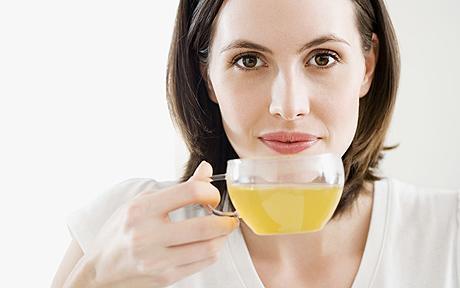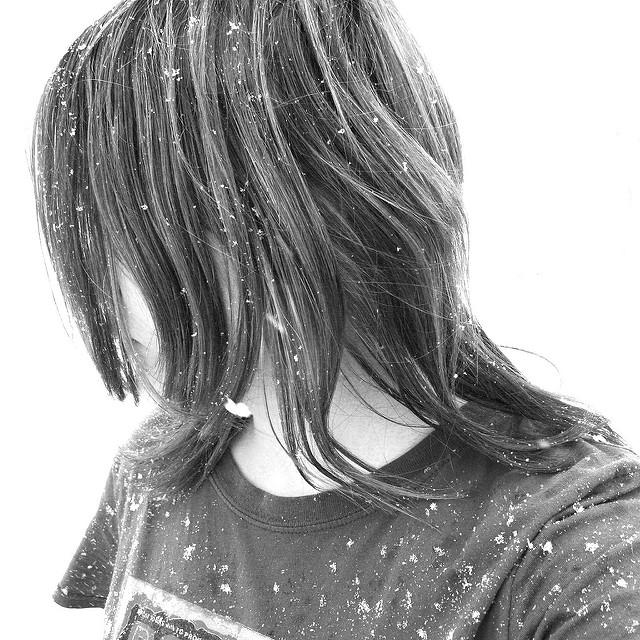Acne- Causes, Prevention and Treatment
By Dr. Kanchan Harjwani | March 13, 2016
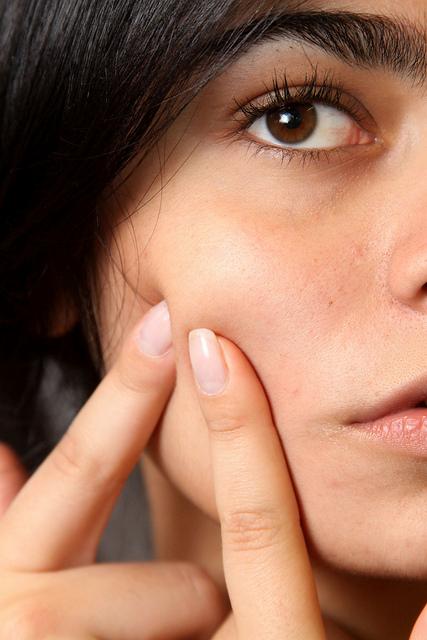
What is acne? What causes acne? How to prevent acne? Can I get rid of it without harming my skin? Is there any natural solution for this acne?
Acne is one of the most common skin problem faced by everybody at a certain age in life. Acne is formed when pores in the skin are blocked by oil and dead skin cells. Acne is also very well known as blackheads, whiteheads, pimples, and blemish. Acne can be seen in a mild form which is just few red spots (pimples) while in the severe form there are many pimples found on the body like commonly it is seen on the face, neck, chest, back. There is another form of acne which is also big solid red painful lumps which are commonly known as cysts. It is mostly seen in the period of puberty at the age of 14 to 15 years, this is the period when many changes in the body start in both the genders, like Secondary sexual characters start to grow and many hormonal changes take place in the body so effects are visible on face and different parts of the body. It gradually decreases with the growing age.
Who is more prone to get acne?
Females are more prone to get acne, It is also usually seen that many girls get pimples just before their menstrual cycle and after menstrual cycle they reduce or disappear completely. Acne can also have genetic as one of its causative factors, it can run in families like if someone in the family had acne then the person is at high risk of getting acne at some point in time. Oil glands which are present under the skin keep on secreting oil through the openings of the skin, this oil specifically protect and lubricates the skin but sometimes openings are obstructed by surrounding skin cells, so the oil gets accumulated in the skin and then is attacked by the bacteria so area surrounding it gets inflamed. If it is superficial then one may get a pustule, if it's deep then it may develop as papule and if still deeper may develop as a cyst.
In the hair follicle, the opening is obstructed by keratin material which develops as comedones. Comedones are black in color due to corrosion of melanin pigment which is known as blackheads, or if developed in closed follicles known as whiteheads. Closed comedones may get infected and form pustular acne.
Types of Acne:
- Acne vulgaris
Acne vulgaris have 3 subtypes:
a. Non-inflammatory acne: It is a very mild form of acne, which has only redness and appearance of whitehead and blackhead.
b. Inflammatory acne: It is moderate form of acne, which has appearance of papule, pustule and macules
c. Cystic acne: It is severe form, it has appearance of cyst and nodules, it also leads to deep acne scarring
2. Acne rosacea
This is also a type of acne, where blood vessels distend in the facial area which results in rosy appearance, especially in cheeks and nose. There is constant redness on affected area. Low self-esteem is a common feeling of people suffering from acne, as it gives problem in appearance, so people avoid going out socially.
Causes of acne:
- Increase production of oil: Skin contain sebaceous gland which secretes sebum an oily substance which if secreted in excess get deposited on the hair follicle forming a plug where bacteria grow and then leads to the formation of an acne.
- Hormonal changes: Androgen is the hormone that leads to increasing production of sebum through sebaceous glands, this is generally seen in the pubertal age. It affects both, males and females equally. Hormonal changes during pregnancy and contraceptive pills also affect sebum production.
- Medication: Some medicine can also be the causative factor of acne like androgen, lithium, corticosteroids.
- Mental stress and lack of sleep: stress is one of the common cause of acne. Lack of sleep may lead to breakouts.
- Diet: some dietary products can also prompt the acne like fatty foods, fried food, chips, oily food substance.
- Genetics: A person suffering from acne may have a family history of acne.
- More use ofCosmetics: Using cosmetics regularly and if not cleaned properly at the end of the day may give rise to acne which is common over face, neck, scalp. Makeup brushes have left over makeup, which gathers bacteria and may lead to acne.
- Food sensitivities and allergies: Some people may have sensitivities or allergies to certain types of food, so one should keep a check on food intolerance.
- Other health issues related to acne: Health problems like digestive problems, PCOS, diabetes, the thyroid may also have acne.
There are many ways to treat pimples, but a natural way of curing is the best method. Following are some ways which will help you to treat pimples naturally, without causing any harm to your skin.
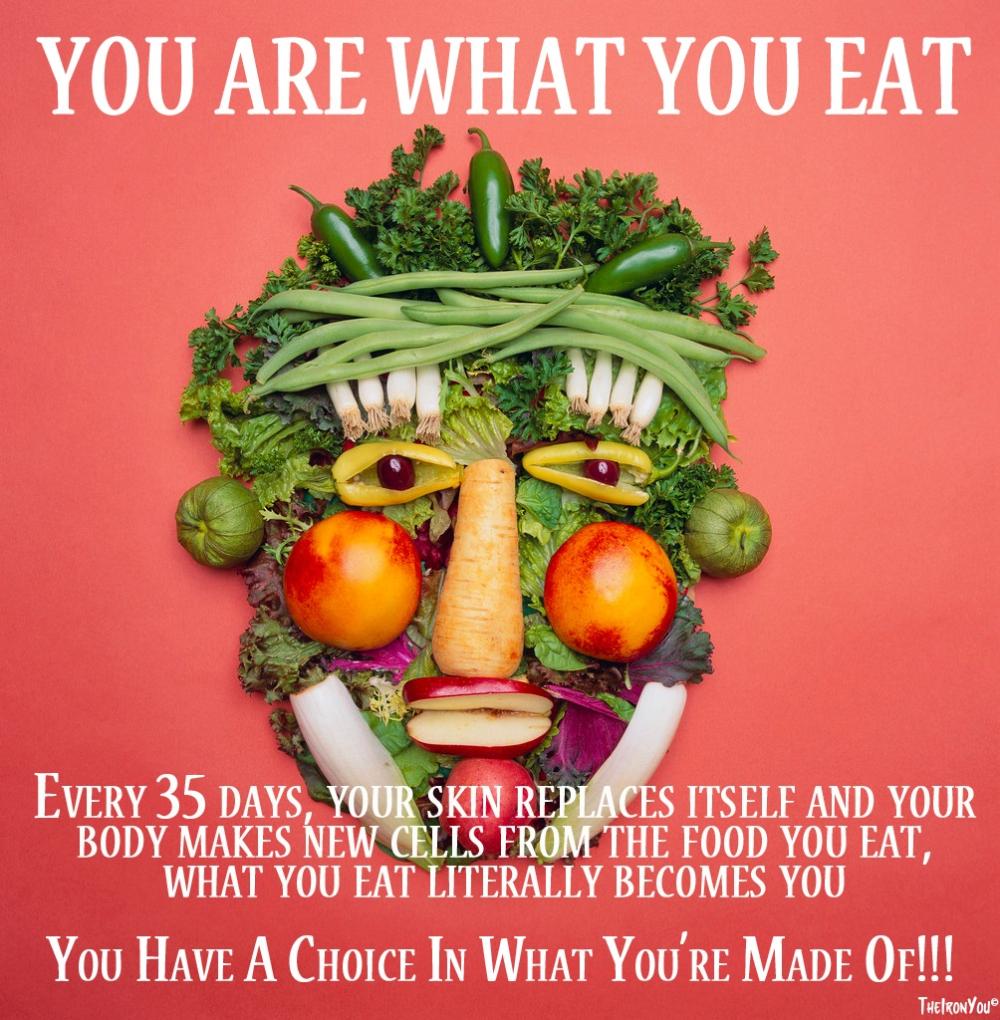
Diet: “Let food be thy medicine and medicine be thy food”—HIPPOCRATES
Diet plays an extremely important role in your health and especially skin, so there are some food substances which may prove really helpful for your skin. Let's see the things that you should take to help your skin.
a. Vitamin A: It strengthens the skin’s protective tissue by reducing the production of sebum and which in turn prevents the formation of acne. Rich source of vitamin A which you can add to the everyday diet are dark leafy Vegetables, milk, carrots.
b. Vitamin B: Vitamin B helps in promoting healthy skin. Vitamin B-complex is found to be helpful in reducing stress, and preventing acne.
c. Vitamin D: It is also known to be a key factor in improving Acne. So you should add rich sources of vitamin D in your diet for healthy skin. Vitamin D works as anti-inflammatory on the skin, thus, it reduces the swelling and redness which is present due to acne. It helps in strengthening the immune system of the body to fight against acne. Your body can produce enough vitamin D from even as little as 15mins a day in the sun. This might not be possible for everyone because of climate and season variation. But it is important to note that only particular time of sunlight is beneficial for skin like morning from sunrise to two hours of sunrise it has fewer UV rays and considered as beneficial for health. Another time sunlight is rich in UV rays which may damage your skin and can even cause skin cancer if exposed too much.
d. Vitamin E: It helps and prevent acne and it is also good for acne scars, a rich source of vitamin E are sunflower seeds, almonds.
e. High fiber food: Food like fruits, green vegetables help flush out toxins from the body and by this way it helps to prevent acne.

Anti acne foods
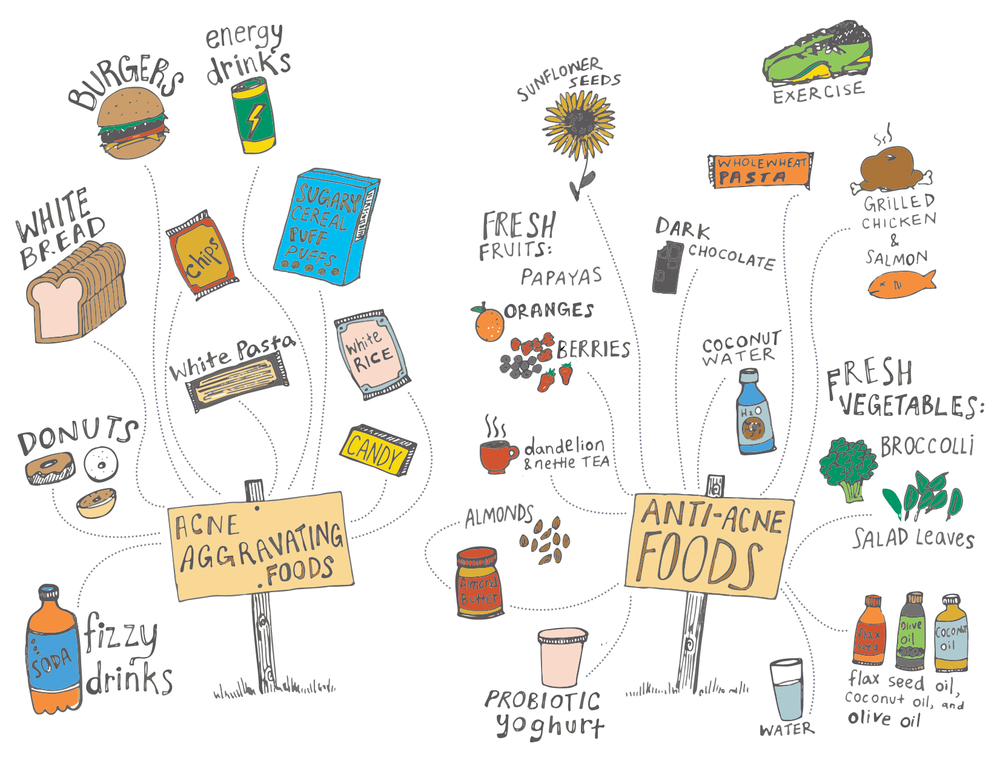
Some helpful natural things which are readily available may help to treat acne naturally:
1. You can make the paste of tender neem leaves and fenugreek leaves mix with turmeric powder and can apply it on your face for some time and wash it gently with water.
2. You can also use face pack made up of only ripe tomato pulp as tomatoes have antioxidant properties and tomatoes are good for oily skin.
3. Honey & Cinnamon Paste: you can make this paste by mixing two tablespoons of powdered cinnamon with 3 tablespoons of honey, mix it well and then apply this paste to the acne portion only before going to bed and wash it with warm water in the morning and continue this same process for one week.
4. Echinacea: Is has antibacterial and anti-inflammatory properties and can help treating acne. Use Echinacea tea as a daily face wash, you can use it by soaking a cloth in it, or you can put a few drops of tincture on a cotton ball and dab it on blemishes.
5. Aloe Vera:Aloe Vera is rich in anti-inflammatory and antibacterial property, it helps in healing and even reduce scarring. You can remove the fresh gel from an Aloe vera, out and apply it to acne. You can also buy aloe Vera gel directly from health stores but it should only have aloe Vera content with no other content.
6. Lemon: It act as an exfoliant, and disinfectant. It has skin lightening effect which reduces the appearance of scars and prevents forming new pimples. You can use cotton ball dab in lemon juice. It will give you a glowing skin.
7. Fuller’s earth: It is also known as Multani Mitti in Hindi, it is used since ancient times. It is good for oily skin, it helps in absorbing oil from skin and unclog the pores. You can add two tablespoons of fuller's earth and add 1 tablespoon of rose water apply this pack till it dries up and then gently wash it with water. You can use this pack twice a week for good results. Excess use may dry up your skin.
Prevention of acne
There are few steps in your daily routine which help you to prevent acne.
1. You should maintain personal hygiene always like not sharing same towel and soaps.
2. You must wash face gently and at least 2 to 3 times a day, to avoid infections from bacteria. After coming home you should wash hands and face properly to avoid infection.
3. You must drink plenty of water to keep your skin healthy and it helps to remove toxins from the body
4. You should prefer always oil free makeup creams or foundations or should avoid makeup on the affected area.
5. You can apply ice (covered in clean cloth) on the face to reduce inflammation on the skin.
6. Wash hair more frequently as dirt or oil from hairs can lead to acne on the skin.
7. Relax and good sleep: research show that excess stress leads to the release of more androgen hormone which in turn leads to more production of sebum and then acne. Good hours of sleep helps the body metabolism to relax and leads to glowing skin.
*****

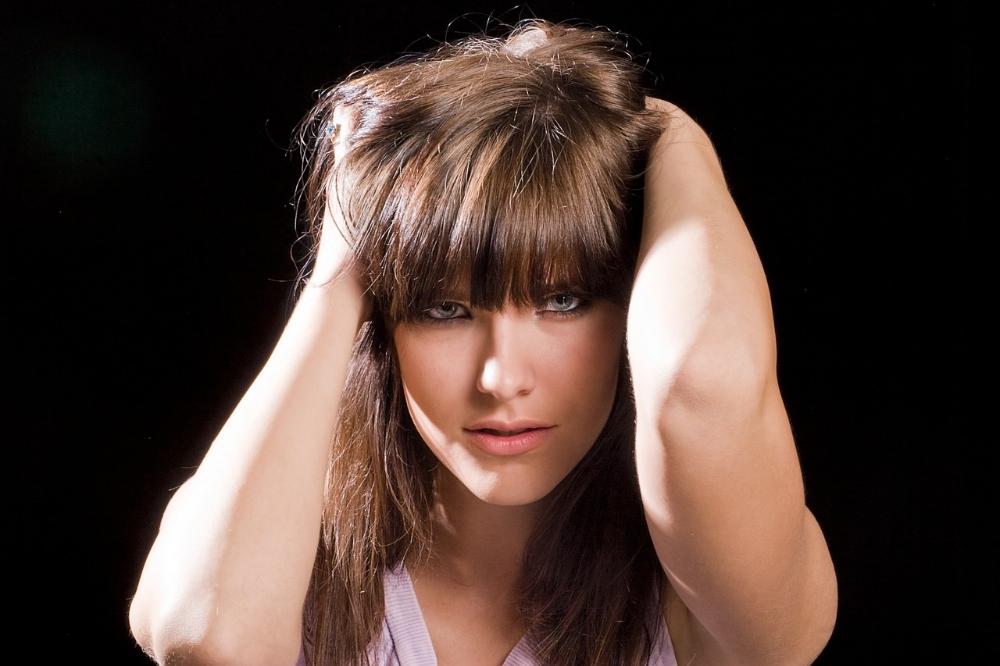
.jpg)
